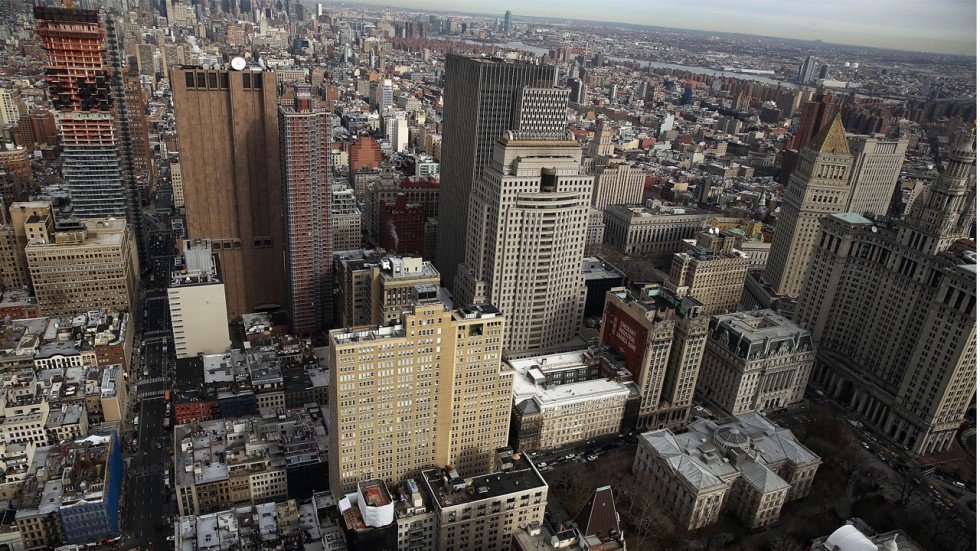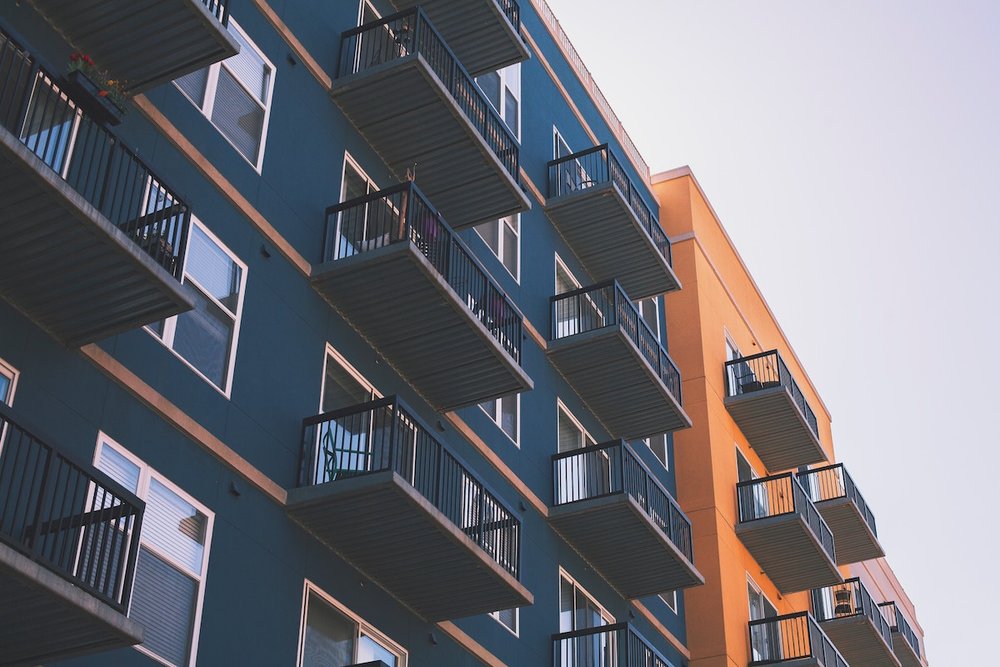New York, the City of Dreams, is one of the most luxurious places in the world where owning a median-priced home has become an elusive dream far out of reach of most Americans.
The city recently overtook London as the world’s second-most expensive housing market, after Hong Kong. But while billion-dollar luxury home listings have been piling up for the past several months, now homes costing less than a million dollars are also becoming too expensive for New York home buyers.

New York recently overtook London as the world’s second-most expensive housing market, after Hong Kong
Home Listings Pile Up
According to a research by StreetEasy, the real estate market in the New York City has been cooling off quickly, as the number of housing units listed below $1 million has increased by 27 per cent in June, in comparison to the same month last year. The city’s housing market had the highest number of listings for the month of June since 2013.
In Brooklyn, the listings have climbed up by 17 per cent to 2,738 from a year-to-year basis whereas Queens, which had previously been considered one of the most affordable boroughs in New York, has also seen a 6 per cent increase in its listings which tallied at 2,314 for the month of June.
The numbers mentioned above are only for property listings priced below $1 million. But when combined with luxury properties priced above million dollars, the total home listings in Queens and Brooklyn were the largest in the month of June than they have been since the Great Recession of 2008. StreetEasy says that the last time Manhattan’s total housing inventory was this high for the month was in 2011.
Supply Could Increase in Future
It is evident from the data that fewer buyers are interested in purchasing a home in the expensive neighborhoods of New York than they were previously. Even buyers who are interesting in buying property are taking more time to look around for the best deal before making the purchase decision.
Senior economist, Grant Long, advises all potential buyers to weigh out their options and be picky when making the purchase decision. With the shrinking demand and abundance of homes available for sale on the market, the power to negotiate is now in the buyers’ hands. Long predicts the home listings to rise even higher in the month of September when property dealers put more properties on sale to attract potential buyers after the long summer break.
With the housing inventory as high as it is currently, a surge in supply in the beginning of fall could push property listings over unprecedented levels. Long warns that if supply doesn’t clear up before new listings enter the market, the housing industry in New York could crash severely. More supply than demand almost always leads to a reduction in prices, and some potential buyers are holding off their purchase decision till the end of fall in anticipation of cheaper units.

Japan’s capital Hong Kong, which has held the title of world’s most expensive property market for two years in a row, saw the most expensive sale of the year for $360 million
Tax Changes Driving Away Homeowners
Before New York became the second-most expensive housing market in the world, the title had belonged to London, but Britain’s decision to break up with the European Union has thrown its capital city’s real estate market into uncertainty over how the brexit will impact the country’s economy. On the other hand, Japan’s capital Hong Kong, which has held the title of world’s most expensive property market for two years in a row, saw the most expensive sale of the year for $360 million.
Despite surpassing London as the second-most expensive markets in the world, New York’s luxury market showed signs of cooling off in the first quarter of 2018. A report by real estate brokers at Douglas Elliman showed that prices for Manhattan’s luxury homes dropped by 15 per cent by the end of March, in comparison to the same period last year. The price fall was caused by the U.S. administration’s tax changes which took away some of the incentives associated with homeownership.
The new tax changes are now driving homeowners away from the city to other areas with low income-taxes such as Texas and Florida. Real estate brokers says that Victoria and British Columbia are the new hottest markets for luxury properties based on the increase in prices and number of properties sold in comparison to last year.










